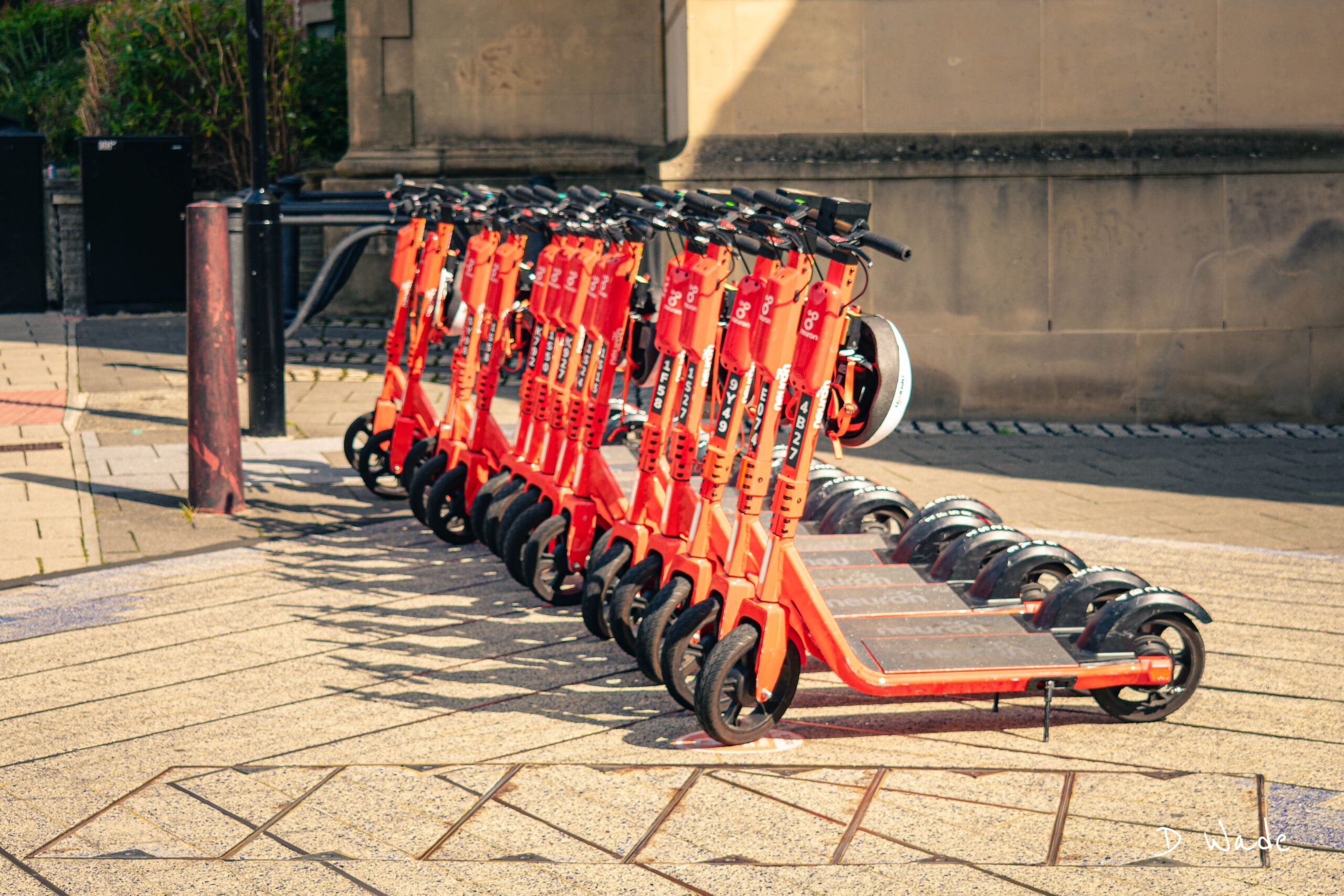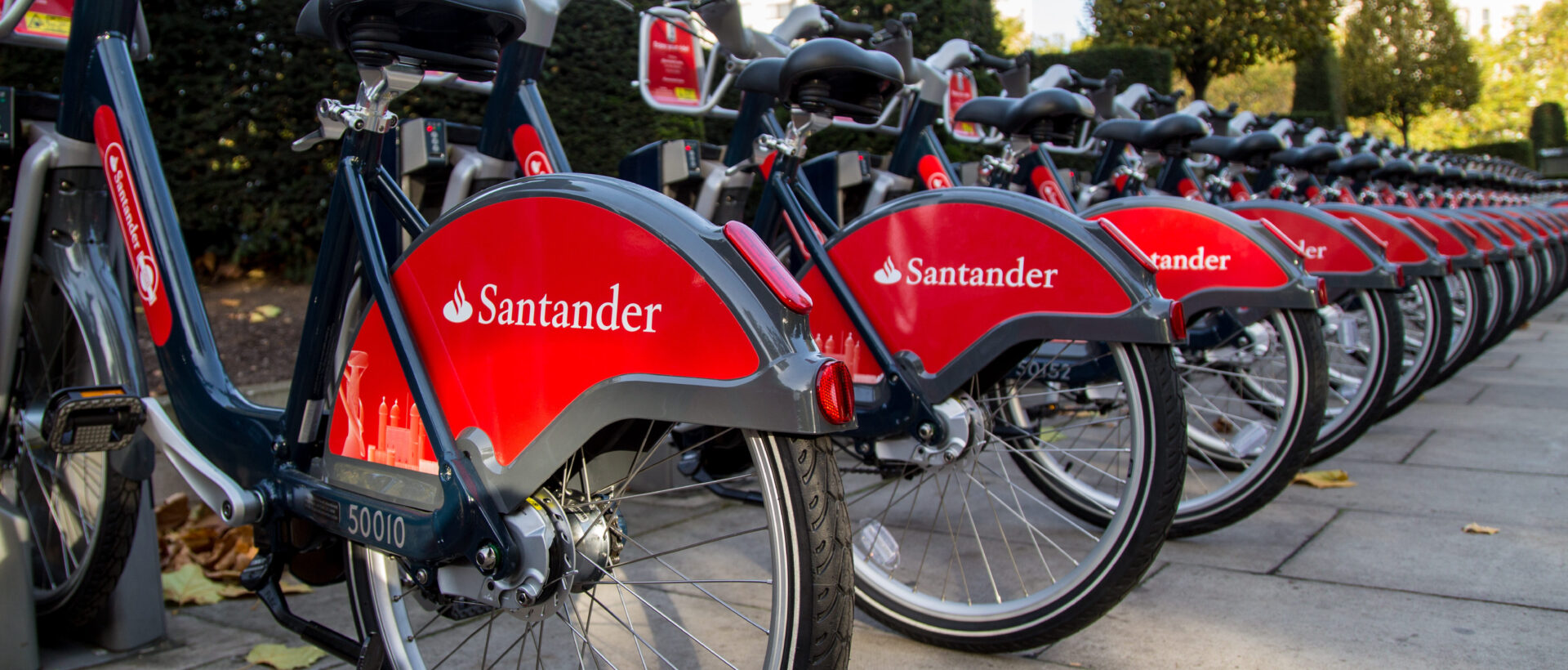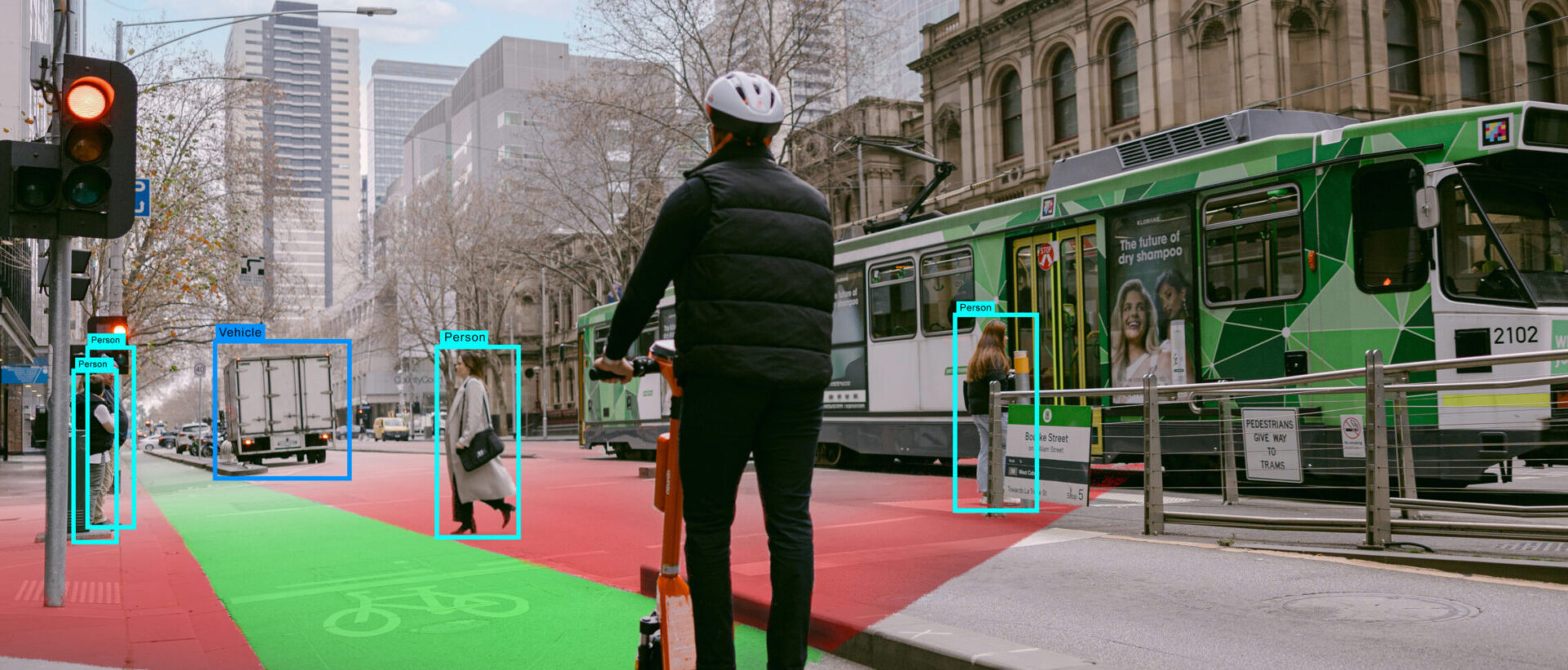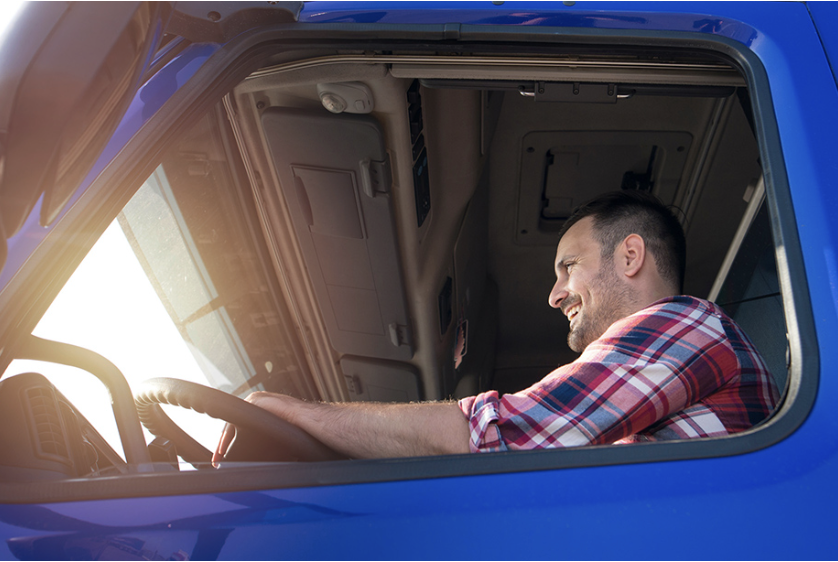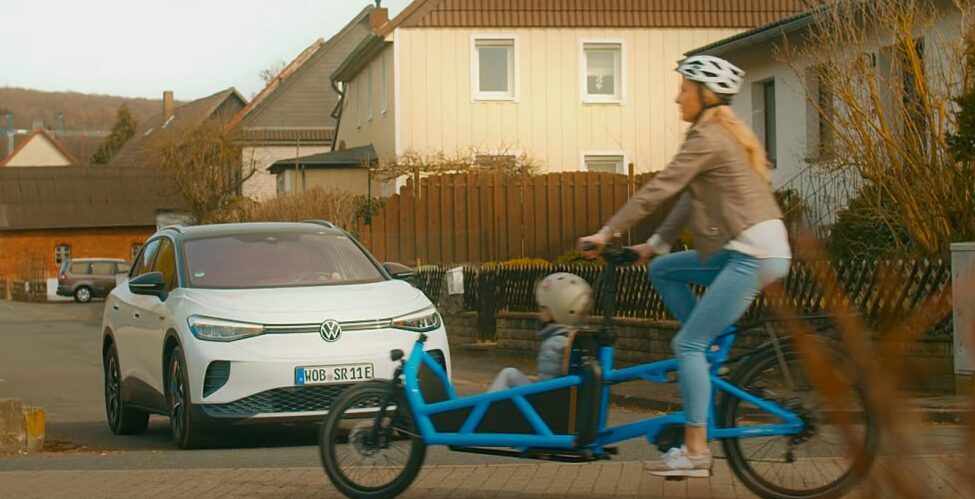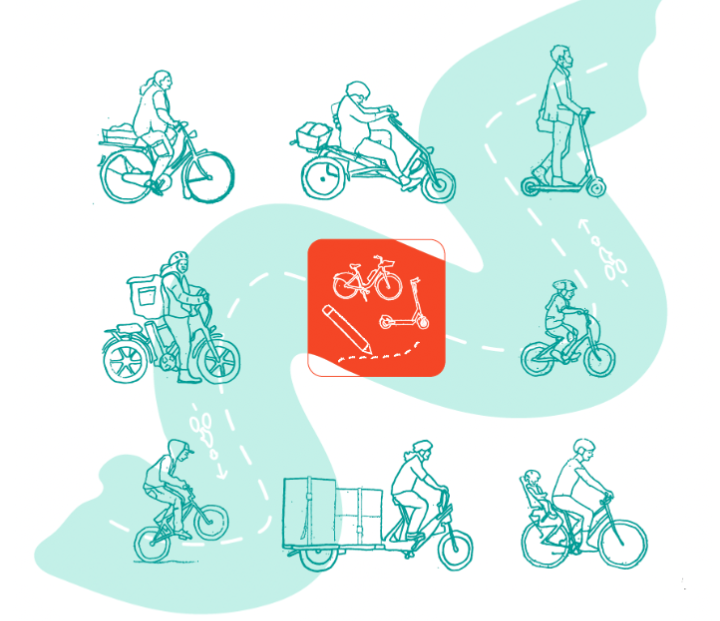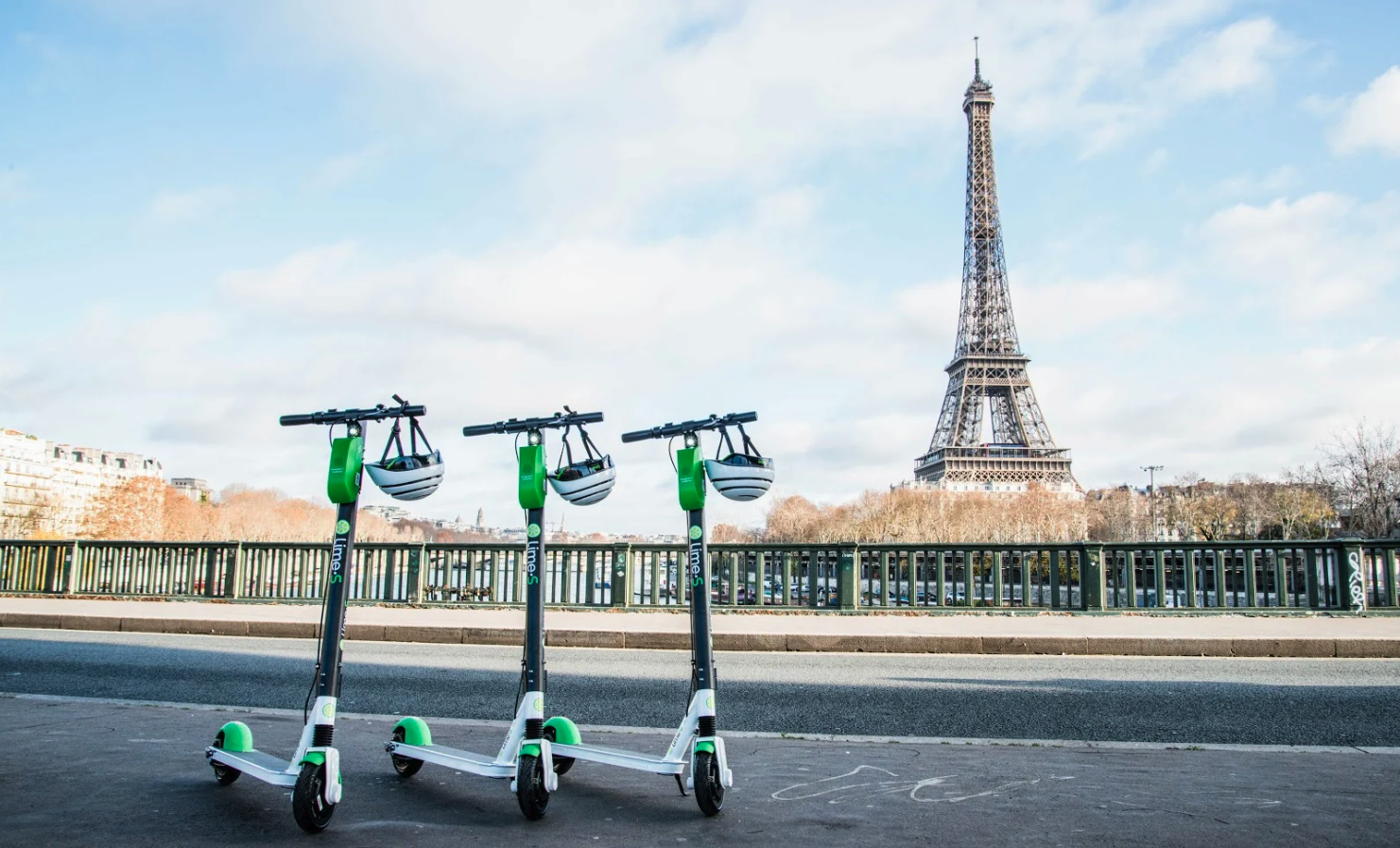In recent years, e-scooters have been rapidly deployed across the globe. Now, the safe and sustainable future for their use appears to be dependent on effective and productive regulation.
In February 2023, the European Transport Safety Council (ETSC) and the UK Parliamentary Advisory Council for Transport Safety (PACTS) published a report outlining safety recommendations for e-scooter ridership in Europe. Following this release, PACTS held its 2023 Spring Conference on “Micromobility – Safety and Sustainability” to further discuss the future of micromobility in the UK.
At the Conference, Anthony Ferguson, Deputy Director of Traffic & Technology at the Department for Transport (DfT) stated that the DfT is continuing to collect quantitive and qualitative data from the UK’s rental e-scooter trials.
The results of these trials, which have been ongoing in England, Scotland and Wales since July 2020, are expected to inform future policy, with the DfT scheduled to consult on proposals for their regulation this summer.
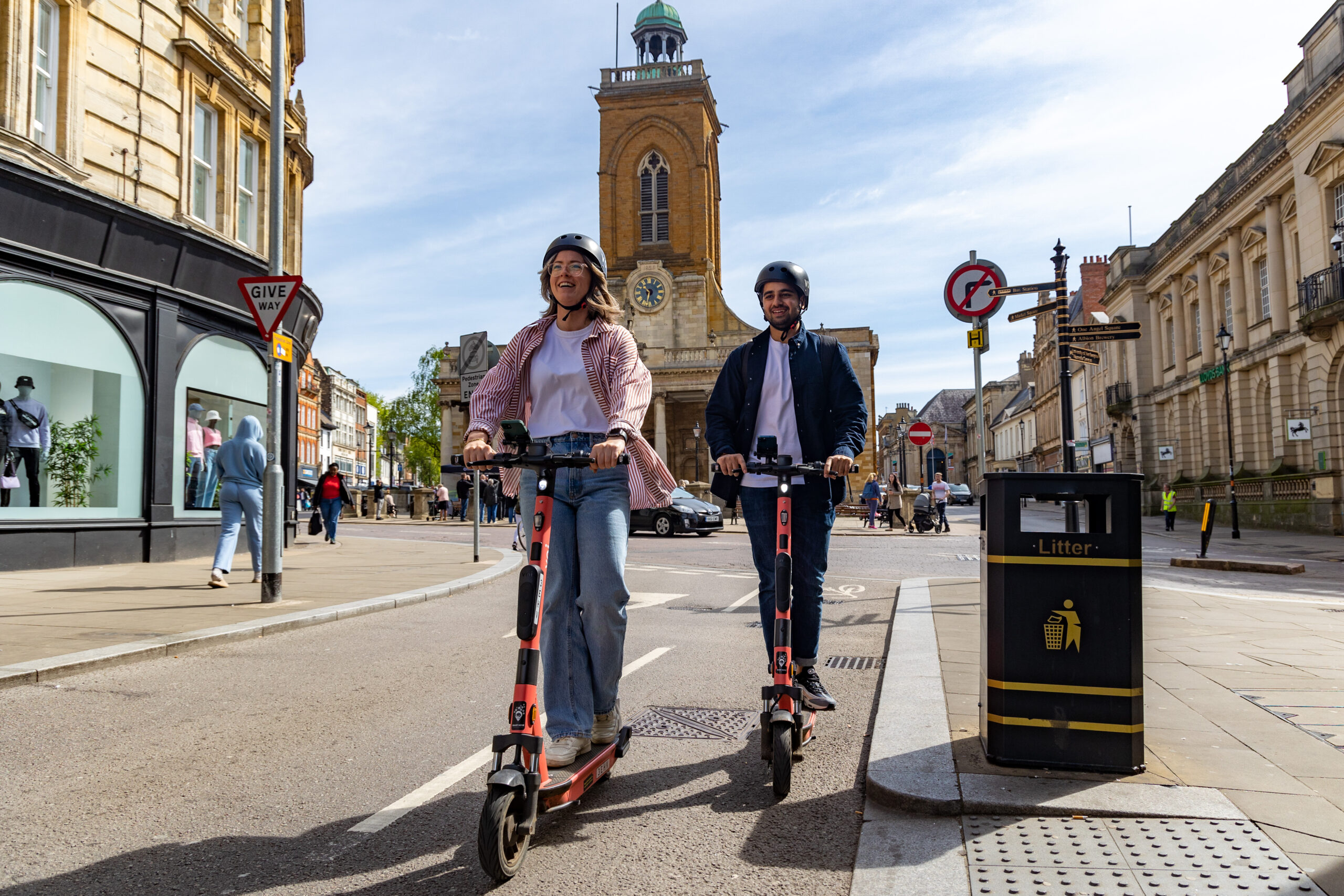
Despite this assurance, Baroness Randerson, Liberal Demoncrat Lords Spokesperson for Transport spoke of the disappointing lack of concrete ministerial announcements in this area. She argued that the longer these vehicles were “allowed to drift on without specific regulation,” the more challenging it would ultimately be to safely integrate them into the UK’s urban transport system.
Baroness Randerson said:The revolution has happened while ministers have prevaricated, and their only line of defence seems to have been that e-scooter trials are taking place. But these are, to be honest, the longest trials I've ever encountered of any kind of technology.
Clearly, these new modes of transport can't be uninvented and have instead to be incorporated into the modern jigsaw of travel, and as safely as possible.
Frustrations associated with future legislation for e-scooters have likewise been expressed by e-scooter operators. For example, in February, Voi called on the UK government to set a clear date for e-scooter legislation “to secure the future of the industry”. Voi argued that with the extended trials currently scheduled to end in May 2024, a lack of legislation past this date presented uncertainty for those investing and working in the sector.
This uncertainty is conceivably counterproductive for enabling the safe and sustainable future of micromobility, as investment in developing vehicle technologies is crucial for its positive evolution.
Indeed, at the PACTS Spring Conference, Dr Ianto Guy, Principal Consultant at TRL, the UK’s Transport Research Laboratory, spoke of the evolutionary potential for the future of e-scooters.
Guy noted that technological developments tend to involve revolutionary phases that change the way that the world operates, as well as evolutionary phases, where the new technology is gradually adopted into the marketplace and delivers new services.
When Scoot launched its shared e-scooters in San Fransisco in 2018, the fundamental change that sparked this urban transport revolution was arguably not the vehicle technology, but the usage model, enabled by the invention of the mobile phone and mobile payments.
In fact, with the exception of replacing a lightweight petrol engine with an electric drive, current e-scooters remain fundamentally similar to the Eveready Autoped that was launched over 100 years ago, as the two vehicles are alike in terms of size, plan, function and speed.
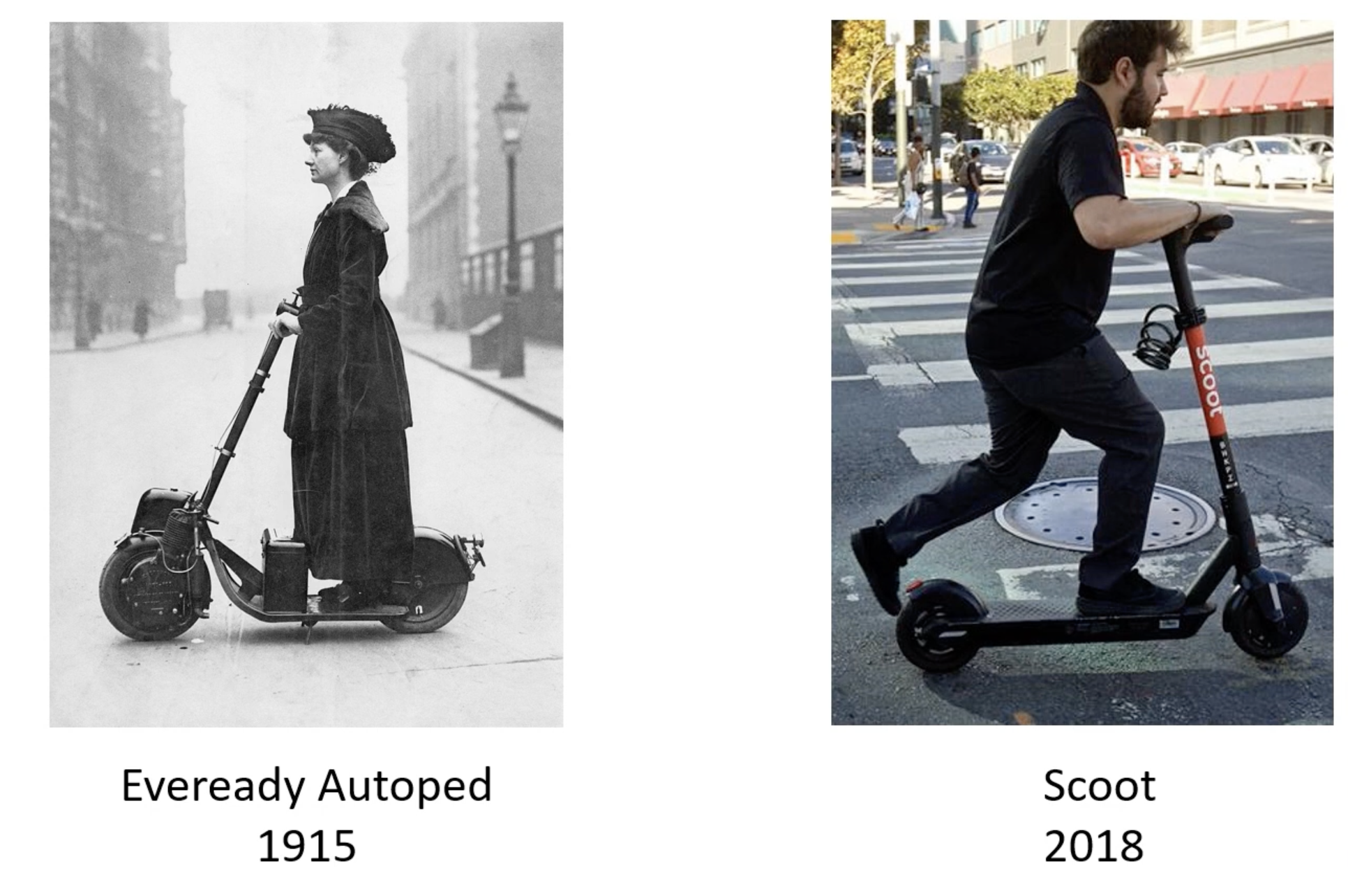
Moving forward, Guy said he believed that micromobility vehicles would remain untouched by revolutionary changes, and we would instead continue to see smaller incremental changes that would further improve their sustainable credentials, such as improved battery technologies and recyclability.
In addition, innovations in collision avoidance and improved stability, as well as smart systems that monitor pavement riding and parking restrictions will help enhance the safety of these vehicles.
Dr Ianto Guy, Principal Consultant at TRL said:The basic configuration of the powered scooter hasn't changed in over a hundred years and we're unlikely to see very significant changes in its configuration at any time in the next few decades. The e-scooter in its current form is probably here to stay.
We are however likely to see a number of refinements based on the adoption of smart technologies which will improve the safety of those vehicles, and we're also likely to see augmentation to existing business models through the adoption of automated technology, perhaps allowing those scooters to redistribute themselves around town.
With e-scooters unlikely to disappear from our urban transport networks, and set only to improve with development, it is arguably imperative for the government to respond to Voi’s call and solidify their safe and sustainable future.
In doing so, Guy argued that continued investment in micromobility could allow the industry to act as a testbed for shared technologies that would likewise improve the safety and sustainability of cars and vans.
For example, the adoption of geofencing to impose variable speed limitations in different areas has significant applications for automotive vehicles. However, this is unlikely to be trialled in these more risk-intensive industries until it has been proven elsewhere in real-world environments: a task already underway by e-scooters.
Consequently, alongside offering safer and more sustainable mobility options, micromobility offers enormous potential for improving our wider transport networks, and the future of e-scooters should therefore be embraced rather than stalled.

